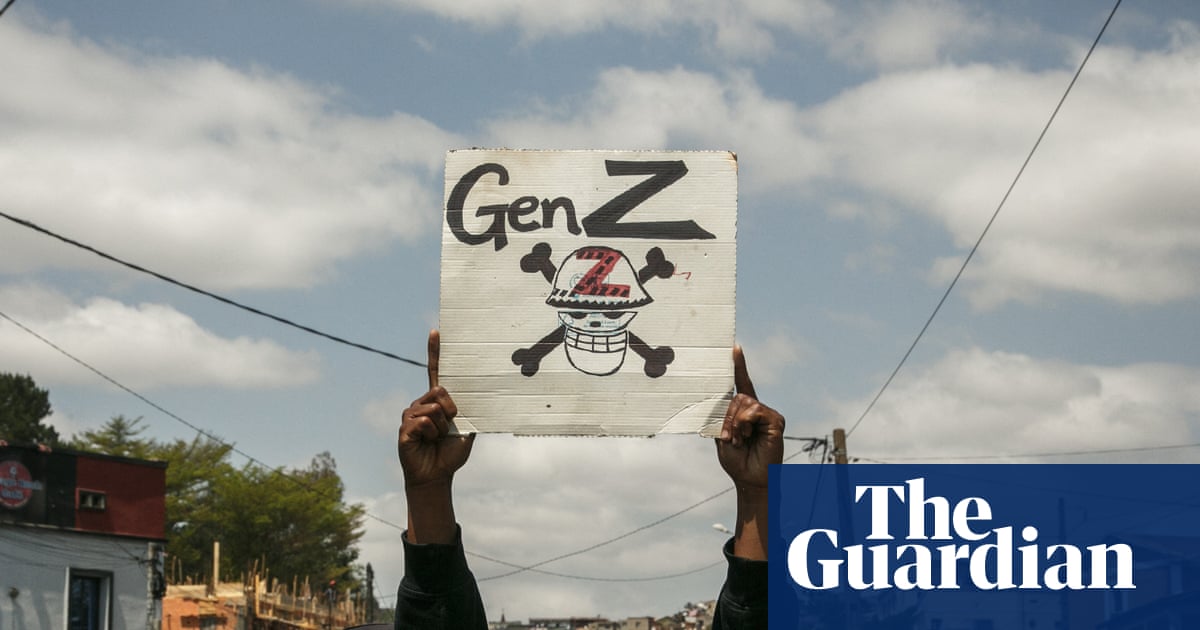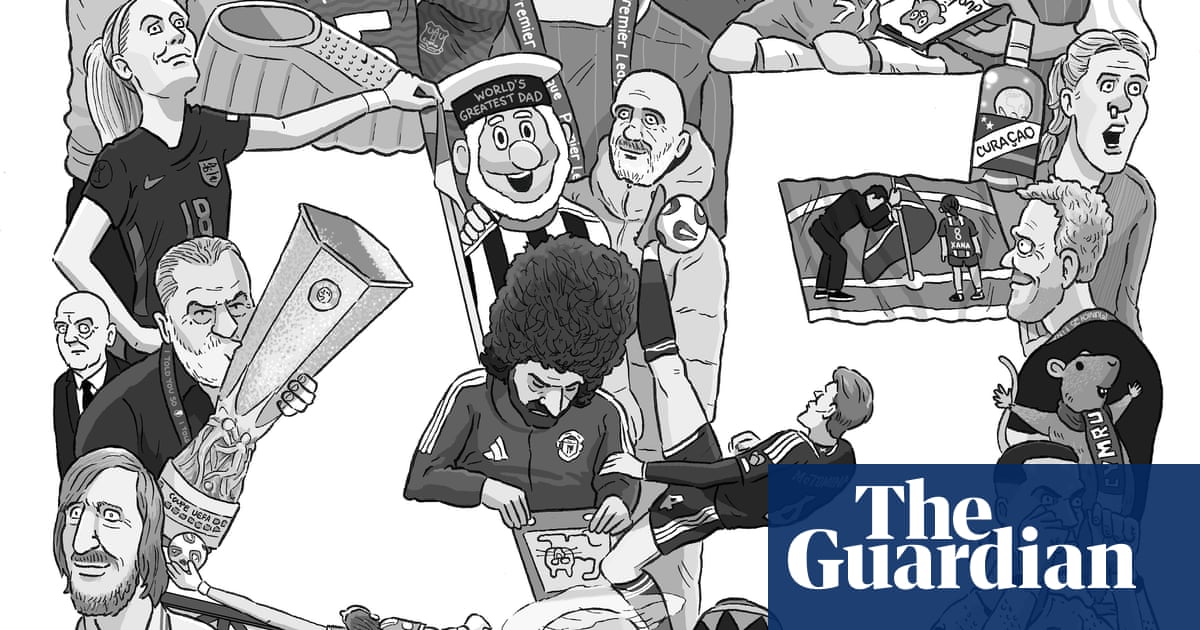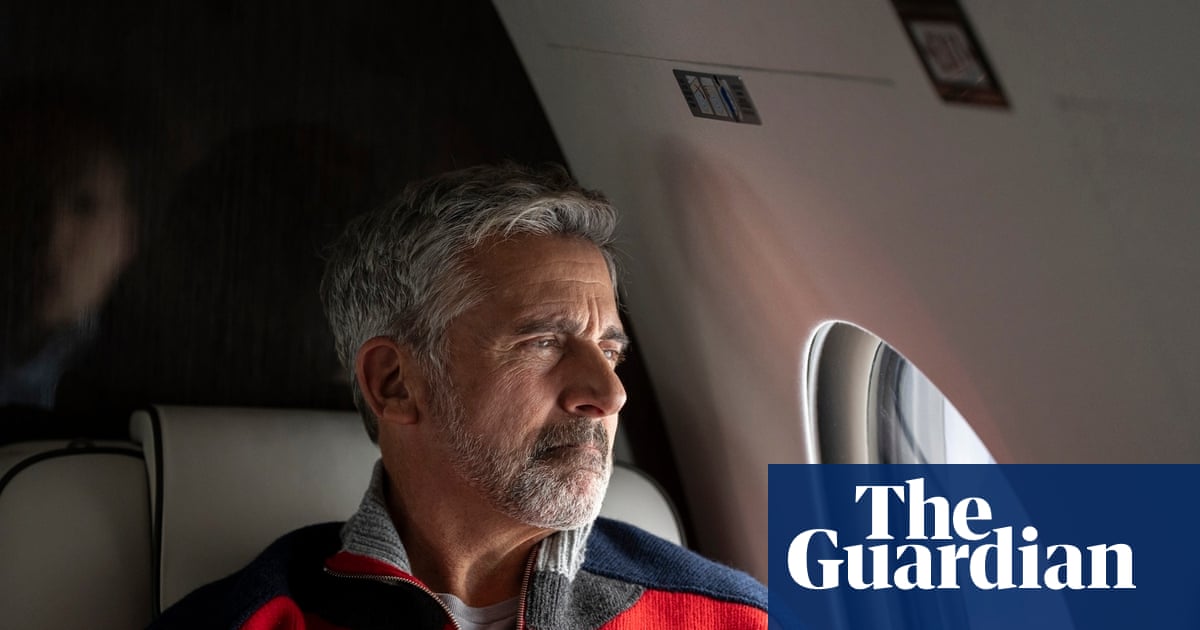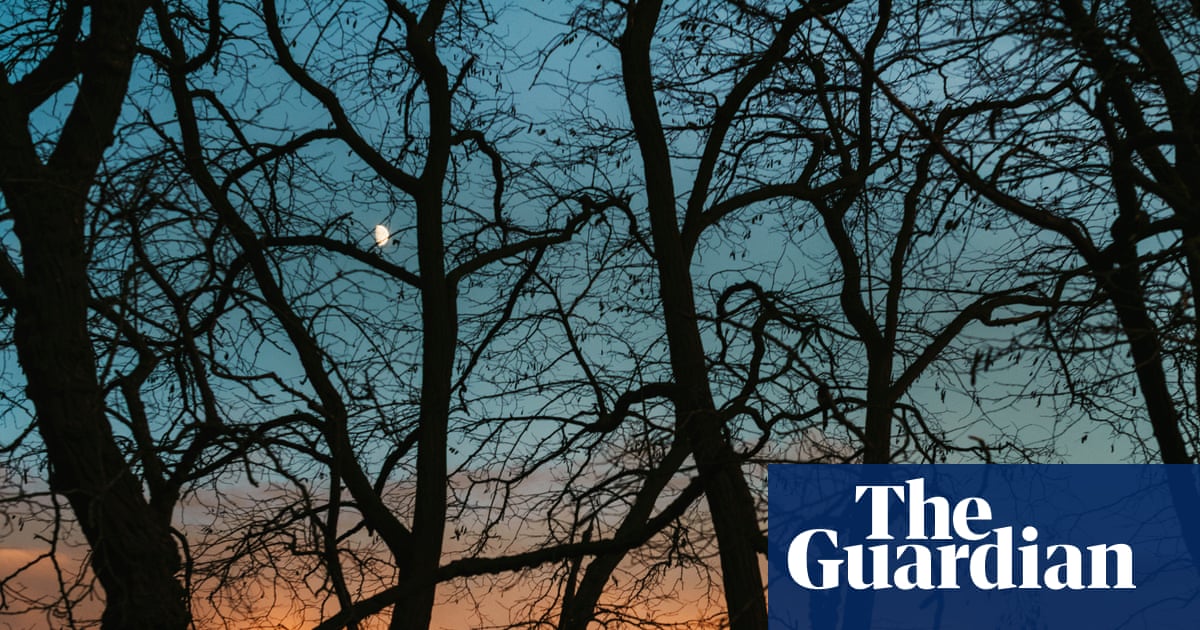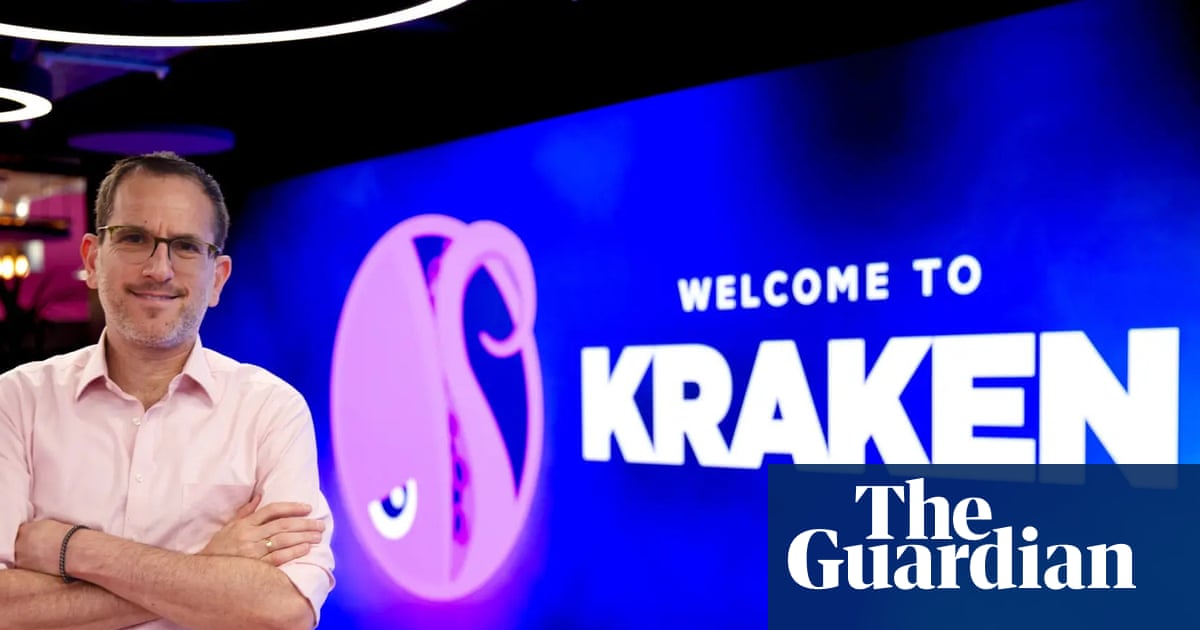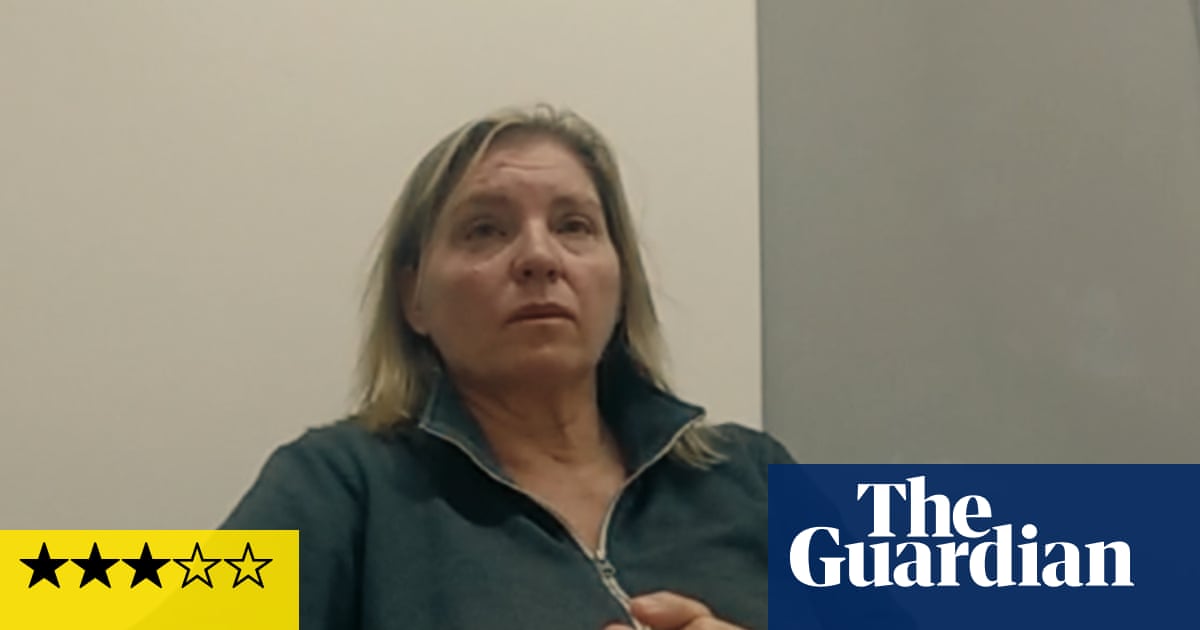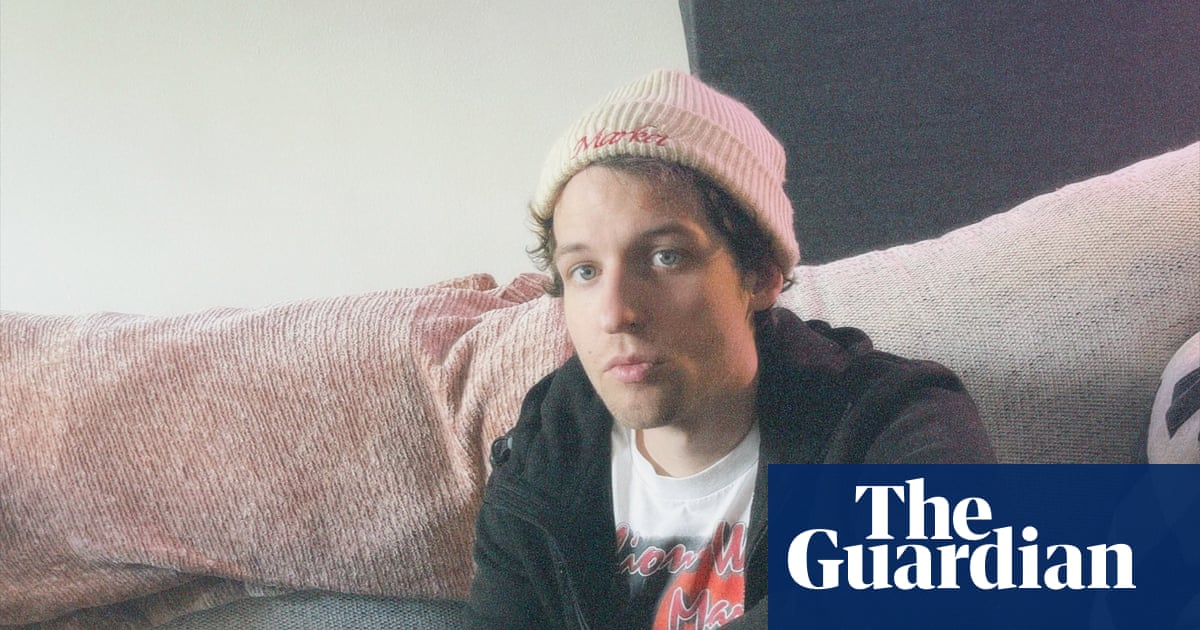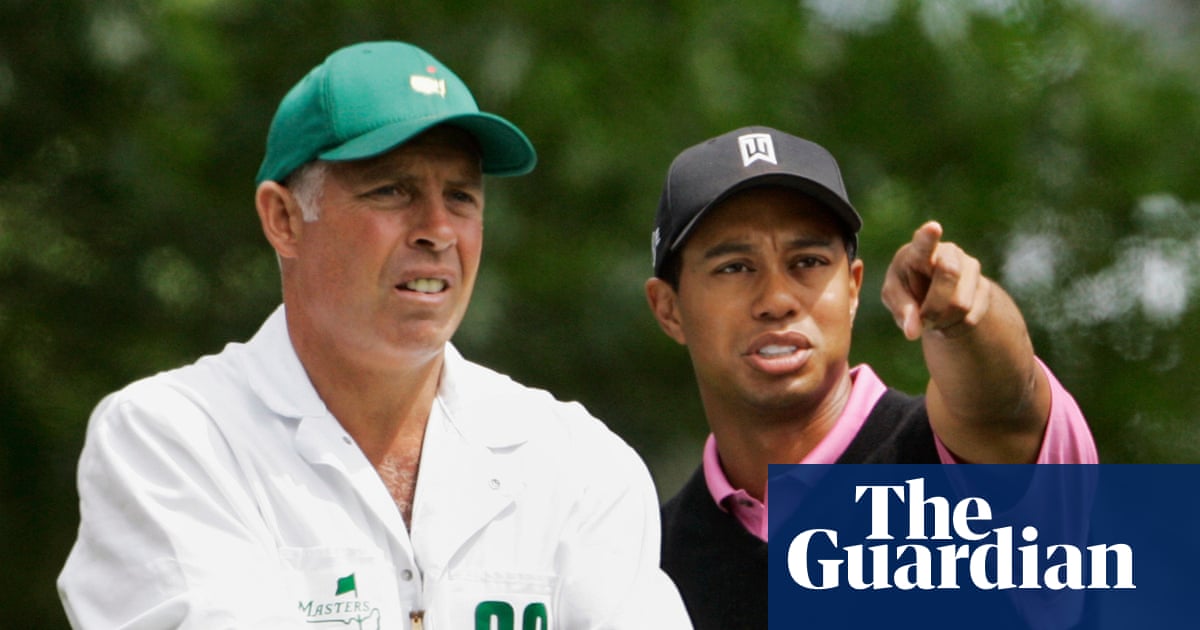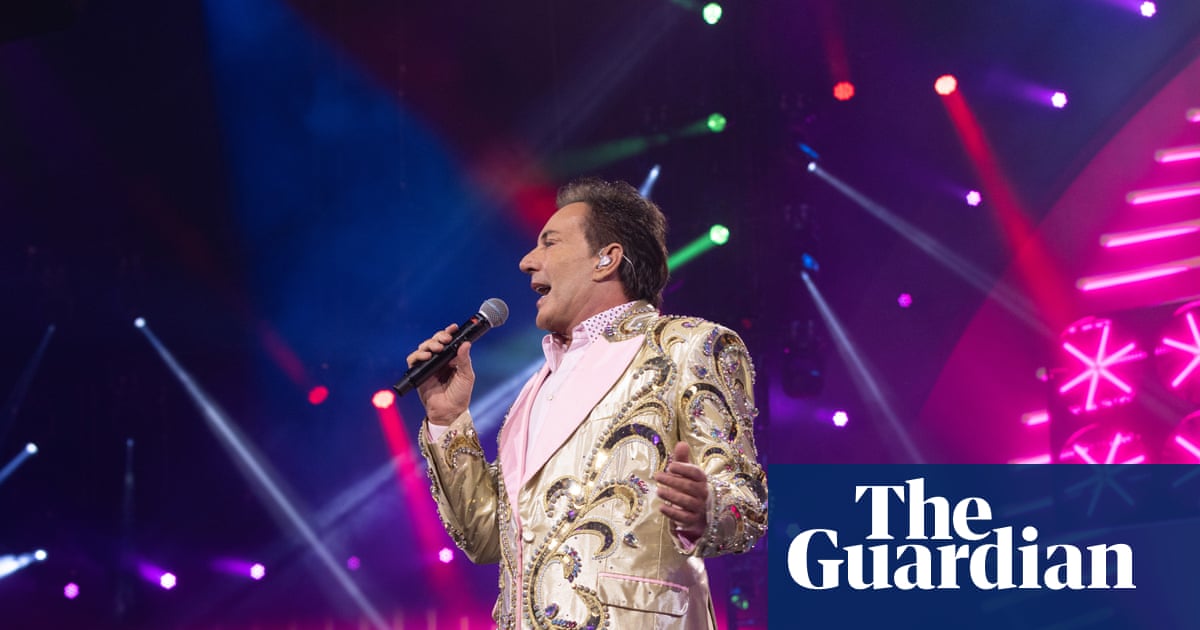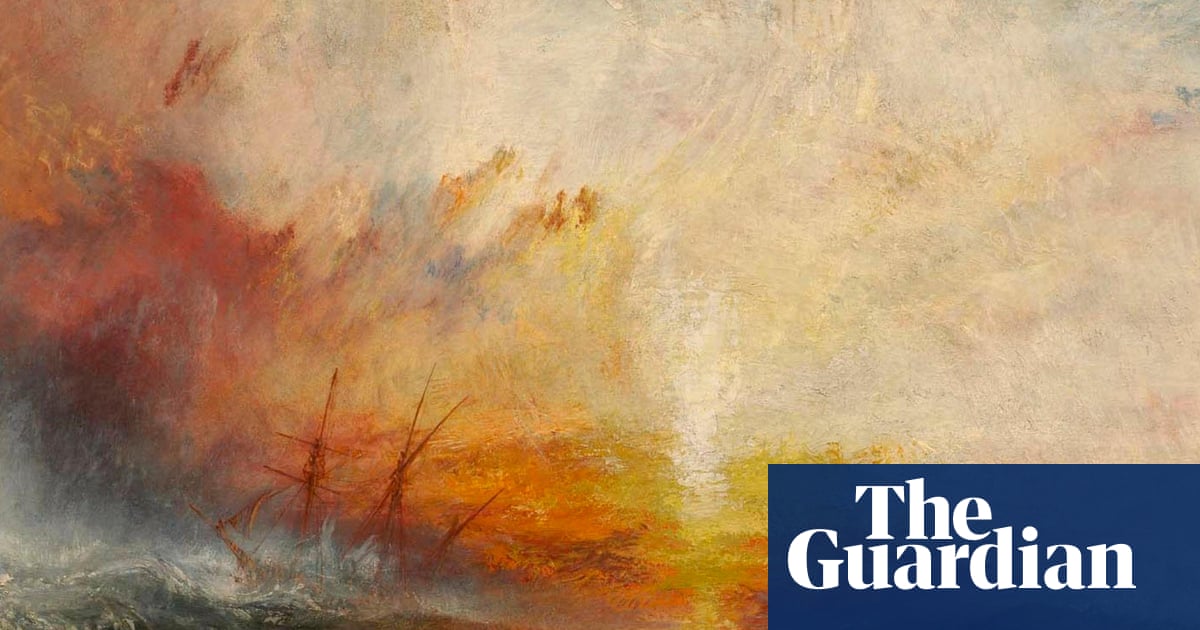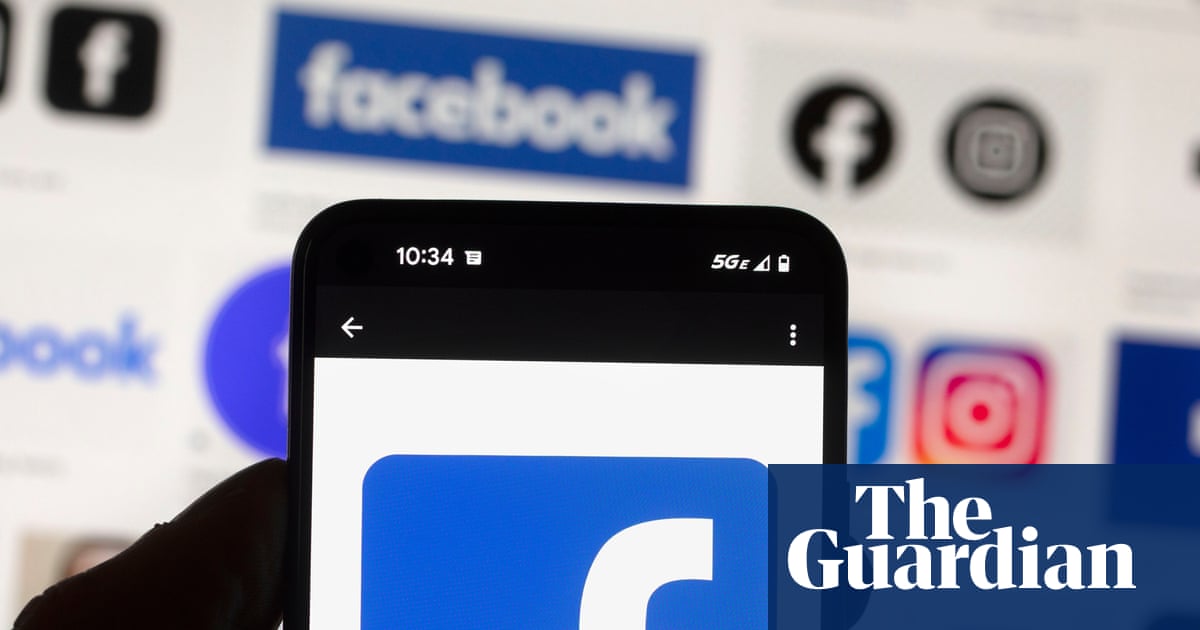Think Anthony Bourdain and a whole rush of TV memories flood back. There he is – in shows such as Parts Unknown and No Reservations – a gonzo gourmand trekking to backstreet nooks and favela hideouts in parts of the world where celebrity chefs fear to tread. In Beirut and Congo; savouring calamari and checking out graffiti in Tripoli; slurping rice noodles and necking bottles of cold beer with Barack Obama in Hanoi, Vietnam. One course follows another, evenings drift past midnight and he’s still chewing the fat with locals, hungry for stories – about drugs, dissidence, gristly local politics.
But Bourdain, who killed himself aged just 61 in 2018, had always seen himself as a writer. His mother was an editor at the New York Times, and his youthful crushes were mostly beatniks and outlaws – Jack Kerouac, William Burroughs, Lester Bangs, Hunter S Thompson. (Orwell too – especially his account of a dishwasher’s life in Down and Out in Paris and London.) A college dropout, he later signed up for a writing workshop with famed editor Gordon Lish. His earliest bylines appeared in arty, downtown publications; two crime novels (Bone in the Throat, Gone Bamboo) got decent reviews but sold poorly.
Things turned around after the publication in 2000 of his bestselling memoir Kitchen Confidential. It portrayed New York’s restaurants as sweatshops, military trenches, last chance saloons for a whole bevy of social misfits. For Bourdain they were refuges. A teenager who’d been into Abbie Hoffman and Eldridge Cleaver, he later became a heroin addict, a fan of the Ramones and the Voidoids, a dive bar denizen. Week by week the city was getting Bloomberged, mom’n’pop stores giving way to salad bars and frozen-yoghurt parlours: with its swaggering, screw-faced evocation of a rawer, less pasteurised New York, his was a book of mourning as much as it was one of celebration.
By 2011 HarperCollins had given Bourdain his own publishing imprint. By 2016 The New Yorker was describing him as “not actually a star … a nebula”. Now his agent Kimberly Witherspoon has compiled The Anthony Bourdain Reader, drawn not only from his best-known books, but also handwritten short stories, chapters from unfinished novels, something he calls “Another Pointless Journalistic Play” and ghost-themed comics featuring Japanese spirits with a fondness for preying on balls of flesh located inside human anuses. There’s even a travel diary entry from 1973: “My stomach and intestines hurt. I have contributed more shit and more vomit to the Florence sewer system than I did at home in a year.”
This head-to-tail editorial approach won’t be to everyone’s taste. Bourdain’s fictional writing lacks the urgency and gamey flavour of his journalistic dispatches. “Good food, good eating, is all about blood, organs, cruelty and decay,” he once wrote, and some of the most memorable passages involve noshing on a braised bat (“imagine braised inner tube, sauced with engine coolant”), sampling the still-beating heart of a cobra (“like chewing on a rubber dog toy”), watching farm workers plunge a knife into a pig’s thorax (“the screaming penetrated the fillings in my teeth, echoed through the valley”). Is this the “food and travel porn” that at one stage he fears he may be guilty of producing?
At his worst, Bourdain’s carnivorousness and his screeds against vegans, Peta supporters or anyone campaigning against toxic chemicals read like libertarian shtick, manna for Top Gear stans. Complaining that people can no longer smoke in bars, he huffs, “it’s only a matter of time before some well-intentioned health Nazi busts into your bedroom and yanks that post-intercourse cigarette right outta your hand”. Then again, Christopher Hitchens might applaud his anti-Kissinger diatribe: “While Henry continues to nibble nori rolls and remake at A-list parties, Cambodia, the neutral nation he secretly and illegally bombed, invaded, undermined, and then threw to the dogs, is still trying to raise itself up on its one remaining leg.”
Some of the loveliest passages come when Bourdain writes with just-so tenderness and precision about his family: a journey with his brother to La Teste-de-Buch in France among whose sand dunes they holidayed as young men; the outsize pleasure he takes in his five-year-old daughter nibbling on Pecorino and an anchovy. I suspect Bourdain will be read in years to come less as a writer about food than of food work. Everywhere he lands – whether in struggling bistros, mob joints or midtown nightclubs – he warms to the subaltern caste of underpaid toilers slicing and sizzling and sweating away.
One of them, a century ago, was Irish-born Mary Mallon, later demonised as Typhoid Mary. In his passionate defence of her, he talks about what it’s like to grow old as a cook. The pains in the back, the knees. Perhaps the heart. “Where once you would have turned your head to cough, you turn no longer. Wash your hands after going to the bathroom? Maybe … Unwashed hands, an errant cigarette ash, a roasted chicken dropped on a dirty kitchen floor and retrieved on the bounce … We’ve been there, you and me and Mary.”
after newsletter promotion

 2 months ago
66
2 months ago
66
